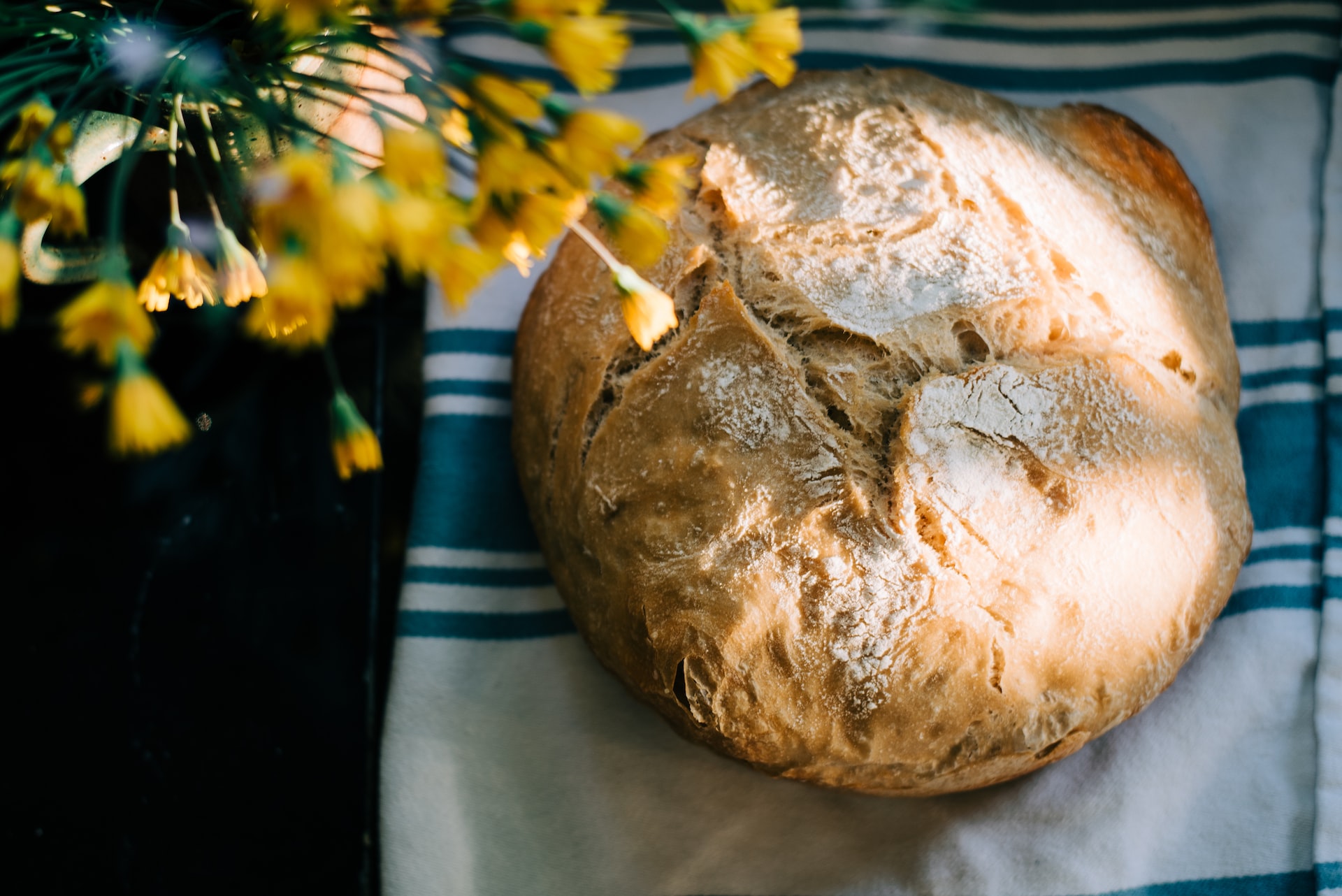I have a soft spot in my heart for pastors’ wives, probably because I am one. When I speak with other wives or engage with content online, I’ve noticed a common theme: struggle. You may have seen and even benefited from articles with titles like these:
Five Struggles of Every Pastor’s Wife
Seven Unrealistic Expectations of the Pastor’s Wife
Ten Things Your Pastor’s Wife Wants You to Know
I made those up, but I see articles like them frequently. They’re written because it’s true: pastors’ wives often feel overwhelmed, underqualified, and unsure. I remember my own season of loneliness. Within a couple of years, my husband and I married, moved to a new city, had a baby, and planted a church. I was a new wife and mother trying to get acquainted with my new community. It was exciting, but I couldn’t help but feel lonely. I’ve found this to be a common experience among many pastors’ wives.
Feast or Famine?
About 12 years have passed since then, and the loneliness has subsided significantly. I could offer advice on what helped me through those tough times, but there isn’t a one-size-fits-all solution. We all have different circumstances. Don’t get me wrong—practical advice is helpful and needed. It often relieves the pressure placed on many pastors’ wives. But helpful tips and camaraderie only go so far in healing our struggles. If we’re not regularly reading and living in obedience to God’s Word, not even the wisest advice from a friend will help our hurting hearts. We ought to be feasting on God’s Word and consuming it as if our lives depend on it. Click Para Twittear
This doesn’t mean a frequent reading of Scripture will cure all your problems. What it will do is provide a sense of peace and relieve unnecessary struggle. This is what happens when we live in famine—we try to survive on crumbs alone. It isn’t sustainable.
So, how often do you interact with God’s Word? Maybe you sometimes read an article with a couple of Bible verses, or your Bible app sends you a notification with a daily Scripture reading. A small bite here and a little nibble there isn’t enough to satisfy. If this is your regular diet of Scripture, you’re starving yourself. Jesus tells us in Matthew 4:4, “It is written, ‘Man shall not live by bread alone, but by every word that comes from the mouth of God.’” We ought to be feasting on God’s Word and consuming it as if our lives depend on it.
Digesting God’s Word
Maybe you already approach the Scriptures regularly and excitedly. Every day, you come to the table to feast—ready to dig in. But how often do we prepare our plates just the way we like them, rather than accepting the meal as it’s offered? We may read the Bible regularly, but does the knowledge we gain affect how we live?
In her book, Bread of Life, Abigail Dodds explains it like this: “Digesting the Word of God means letting it work its way into the private crevices and corners of our heart and mind so that we walk away from it changed women. It means putting ourselves truly under the Word, in full submission to it, not taking it up for study and evaluation on our own terms . . . the goal is not my mastery of the material but the material’s mastery over me.”If we’re not regularly reading and living in obedience to God’s Word, not even the wisest advice from a friend will help our hurting hearts. Click Para Twittear
As a pastor’s wife, it’s easy to feel lost in a sea of expectations, pressure, loneliness, and confusion. We carry the weight of our own struggles and often that of our churches, too. Thankfully, God has not left us alone or without help. His Word is “a lamp to my feet and a light to my path” (Ps. 119:105). The Bible is a gift meant to be opened and enjoyed. We’ve been given “all things that pertain to life and godliness through the knowledge of him who called us to his own glory and excellence” (2 Pet. 1:3).
I long to see pastors’ wives live steady, fruitful, joyful, and purposeful lives. Whether we’re starving for God’s Word or feasting regularly, may we be women who continually seek to know God better. So, pastor’s wife, come and eat—partake in the feast prepared for you, and know it will always be enough.










